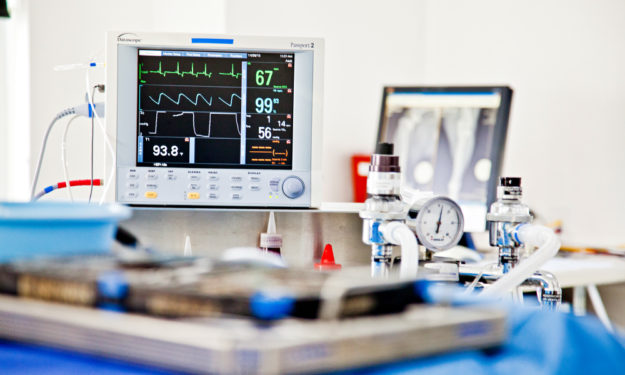Minimally invasive surgery and the GP: Getting started

During a recent Fetch dvm360® virtual conference session, Chris Thomson, DVM, DACVS-SA—who specializes in MIS, surgical oncology, and interventional radiology with the Veterinary Specialty Hospital in San Marcos and a clinical researcher with Ethos Discovery—began by spelling out some of the human- and business-based advantages of making the leap into laparoscopy. Considering the benefits to patients, perhaps the most obvious fact is that laparoscopy can elevate a clinic’s standard of care. In turn, this can expand the clinic’s market and improve revenue as new clients are gained. On a more personal level, Thomson noted that learning laparoscopy can provide experienced GPs with a new challenge and increased job satisfaction, also offering fresh avenues for team members to become more engaged.
The benefits of providing minimally invasive surgery (MIS) versus conventional surgery for patients are well known (eg, less pain and scarring, lower risk of infection, and shorter recovery time). However, the perks for general practitioners and practices might be less clear. Still, there is clearly a large, worrisome gap of time and financial investment between deciding to add MIS to your general practice and reaping the benefits listed above. Thomson used his session as an opportunity to flesh out some of the fuzzy details, covering topics like learning curves, feasibility, initial steps, basic equipment needs, and how to maximize your investment in MIS.
> Read the complete article on DVM 360